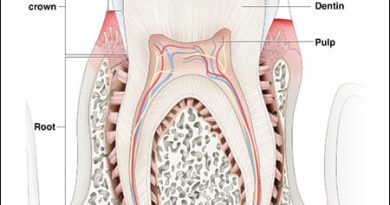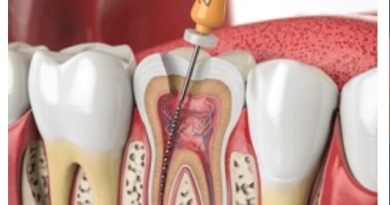The Foundation of a Healthy Smile | Mastering Dental Hygiene
A radiant smile is often the first thing people notice, but its beauty is rooted in something far more essential: robust dental hygiene.
Beyond aesthetics, proper oral care is crucial for overall health, preventing a cascade of issues from cavities and gum disease to systemic illnesses. Understanding and implementing effective dental hygiene practices is an investment in your well-being.
The cornerstone of dental hygiene is brushing. This simple act, performed twice daily, removes plaque, a sticky film of bacteria that constantly forms on teeth. Plaque is the primary culprit behind cavities and gum inflammation. Effective brushing involves using a soft-bristled toothbrush and fluoride toothpaste. Gentle, circular motions, covering all tooth surfaces for at least two minutes, are essential. Don’t forget the tongue, a breeding ground for bacteria, which can be cleaned with a tongue scraper or the toothbrush.
Flossing complements brushing by targeting the interdental spaces, where toothbrush bristles can’t reach. Plaque and food particles trapped between teeth contribute significantly to gum disease and cavities. Daily flossing, using a gentle sawing motion, removes these debris, promoting healthier gums. Many find traditional string floss cumbersome, and alternatives like interdental brushes or water flossers can be equally effective.
Beyond brushing and flossing, a balanced diet plays a pivotal role in dental health. Limiting sugary and acidic foods and drinks reduces the risk of enamel erosion and cavity formation. These substances provide fuel for bacteria, leading to acid production that weakens tooth enamel. Incorporating calcium-rich foods like dairy, leafy greens, and fortified products strengthens teeth and bones. Similarly, consuming crunchy fruits and vegetables, such as apples and carrots, naturally cleanses teeth and stimulates saliva production, which neutralizes acids and washes away food particles.
Regular dental check-ups are indispensable. Professional cleanings remove hardened plaque (tartar) that brushing and flossing can’t eliminate. Dentists also conduct thorough examinations, identifying potential issues early on, such as cavities, gum disease, or oral cancer. Early detection and intervention prevent minor problems from escalating into serious complications.
The importance of fluoride cannot be overstated. Fluoride strengthens tooth enamel, making it more resistant to acid attacks. Most tap water and toothpaste contain fluoride, but your dentist may recommend additional fluoride treatments if you’re at high risk for cavities.
Mouthwash can serve as an adjunct to brushing and flossing, but it’s not a substitute.Antimicrobial mouthwashes can kill bacteria and freshen breath, but they don’t remove plaque. Choose a mouthwash that is ADA-accepted and alcohol-free to avoid drying out the oral tissues.
For individuals with specific needs, such as orthodontic appliances, dental implants, or dry mouth, specialized dental hygiene products and techniques may be required. Orthodontic wax can prevent irritation from braces, while prescription-strength fluoride toothpaste or saliva substitutes can address dry mouth.
Maintaining good dental hygiene is a lifelong commitment. Consistent effort yields significant rewards, including a healthy, vibrant smile and a reduced risk of systemic health issues. By prioritizing brushing, flossing, a balanced diet, and regular dental visits, you’re investing in your overall well-being.



